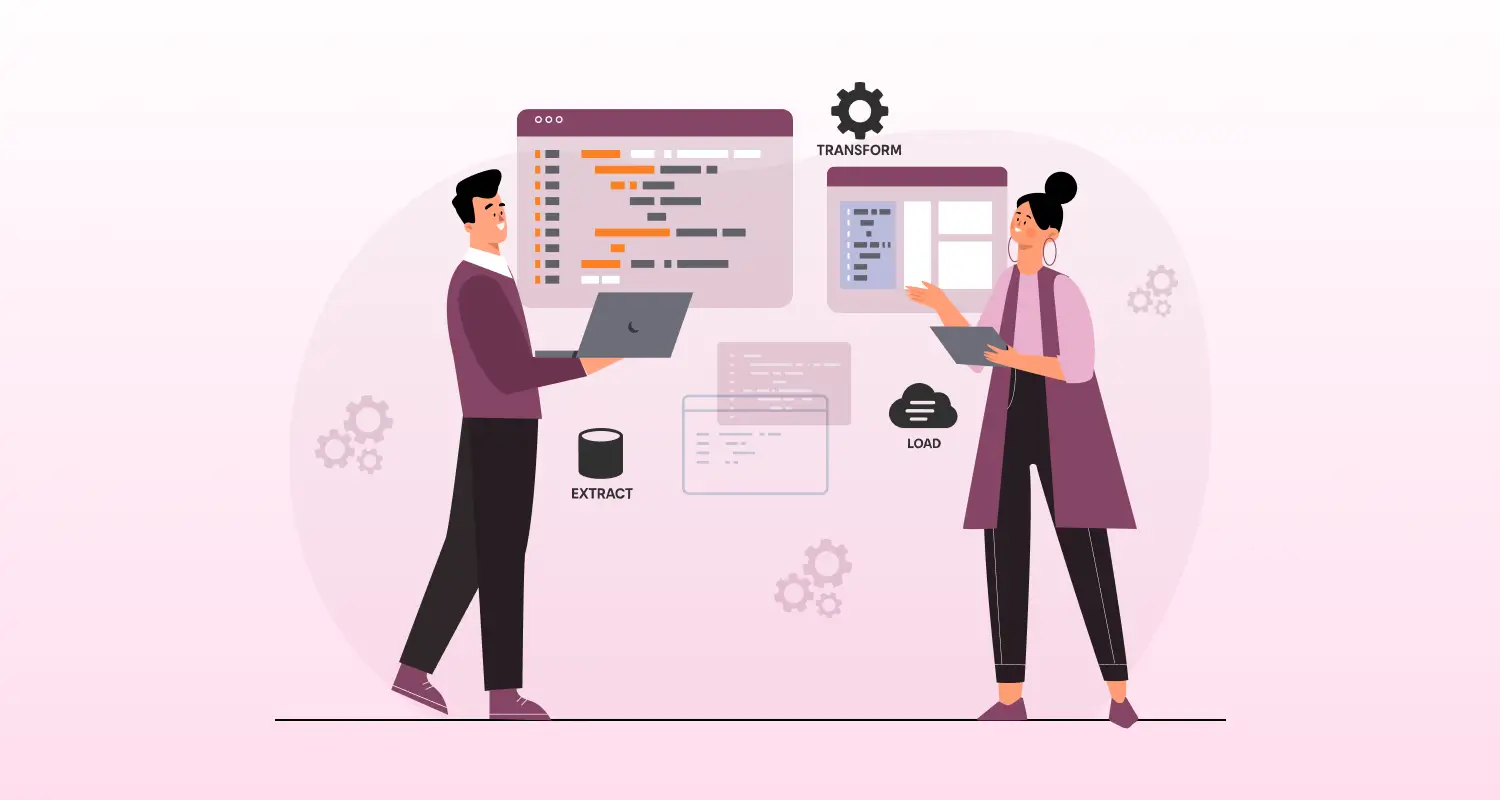An ETL pipeline that only works under perfect conditions is not a reliable one. In real-world scenarios, you must prepare for:
- Network failures
- Bad source data
- Schema changes
- Timeouts
- Resource contention
To build robust and fault-tolerant ETL pipelines, you need to apply design patterns, observability, and fail-safe mechanisms that ensure stability even in failure scenarios.
What Is Reliability in ETL?
Reliability means the pipeline:
- Completes successfully without manual intervention
- Fails gracefully when it encounters an error
- Can recover from where it left off
- Produces consistent, correct results every time
Key Strategies for ETL Reliability
1. Idempotency
An idempotent ETL job can be run multiple times without side effects.
Use INSERT … ON CONFLICT, MERGE, or upserts to avoid duplicates. Avoid destructive operations.
2. Incremental Loading
Reduce the chance of full data reloads failing by processing data in small, verifiable batches.
3. Checkpoints and State Tracking
Store last processed row ID or timestamp to resume where the last job left off.
4. Retries with Backoff
Automatically retry failed tasks using exponential backoff. Most orchestrators (Airflow, Prefect) support this out-of-the-box.
5. Logging and Alerts
Make sure every ETL run leaves a trail about what ran, what failed, and why. Good logs plus smart alerts mean your team can jump on issues before they spiral.
6. Validations and Guardrails
Validate inputs and outputs at every step using assertions, test frameworks, or schema contracts.
Example: Airflow Retry Logic for ETL Task
from airflow import DAG
from airflow.operators.python import PythonOperator
from datetime import datetime, timedelta
def load_data(): # Simulated ETL task raise Exception("Simulated failure")
with DAG(dag_id='reliable_etl', start_date=datetime(2023, 1, 1), schedule_interval='@daily', catchup=False) as dag: load_task = PythonOperator( task_id='load_step', python_callable=load_data, retries=3, # retry up to 3 times retry_delay=timedelta(minutes=5), retry_exponential_backoff=True )This configuration ensures that if load_data() fails, Airflow retries it up to 3 times, spacing out retries over time. To build reliable retry logic like this or scale your ETL pipelines across workflows, it often makes sense to hire Python developers who understand Airflow’s internals and production-grade scheduling.
Tools That Support Reliability
| Tool | Reliability Feature |
| Airflow | Retry policies, SLA monitoring, logs |
| dbt | Test assertions, model dependency ordering |
| Kafka | Persistent logs enable replays |
| Great Expectations | Validate datasets before loading |
| AWS Glue | Retry configuration, job bookmarks (state tracking) |
Key Takeaway
A reliable ETL pipeline is:
- Predictable: It either succeeds or fails with clarity.
- Recoverable: It can resume without data loss.
- Observable: Logs, metrics, and alerts are in place.
- Resilient: It handles bad data, timeouts, and load spikes.
By building for failure from the start, you ensure your ETL processes remain strong under pressure, delivering trustworthy data — even on your worst day.





